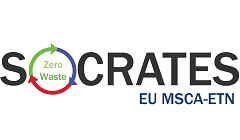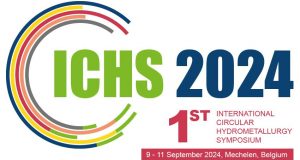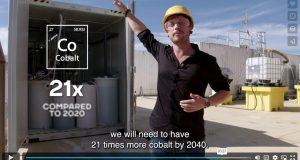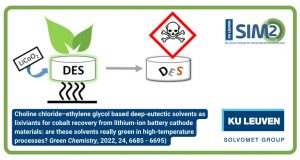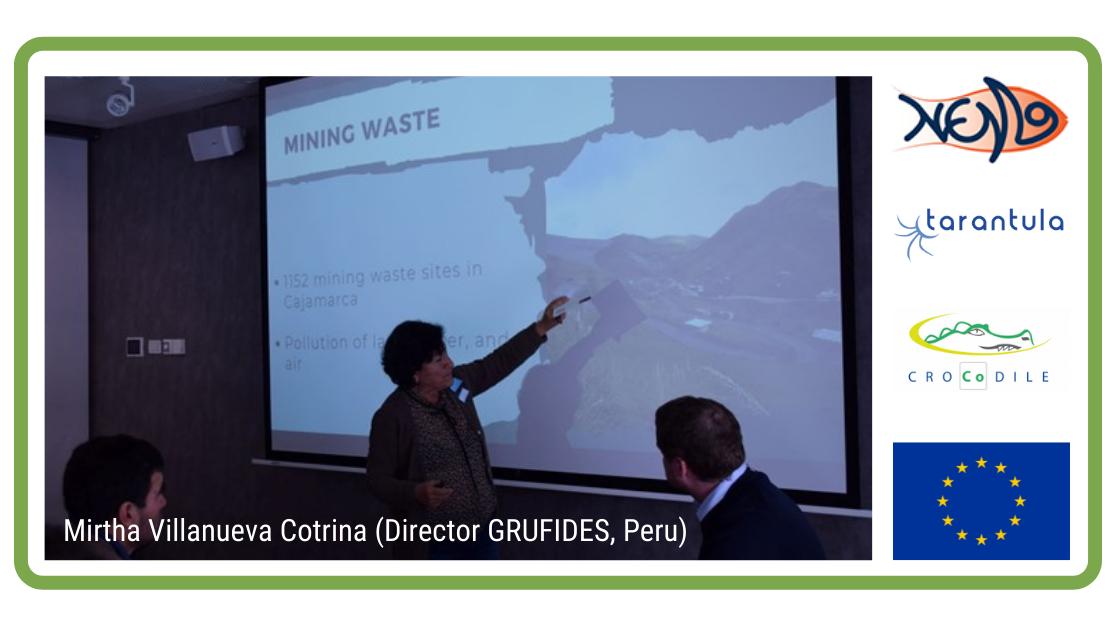EURELCO Member Nils Johansson (Linköping University, Sweden) recently published his milestone PhD text on the institutional challenges for ELFM. To reach his conclusions, Nils performed a multitude of interviews with all relevant stakeholders in the ELFM domain, ranging from policy makers, to academics, industry representatives etc. The executive summary can be found below, as well as the link to the full PhD text (open access). This is a must read for all ELFM professionals.
Download PhD text here: http://liu.diva-portal.org/smash/record.jsf?pid=diva2%3A1045630&dswid=629
Executive summary The overall aim of the thesis is to examine the institutional conditions for the implementation and emergence of landfill mining. The result shows that current policy makes it difficult for landfill mining operators to find a market outlet for the exhumed material, which means that landfill mining may result in a waste disposal problem. Regulations also restrict accessibility to the material in landfills. Therefore, it has generally been municipal landfill owners that perform landfill mining operations, which directs learning processes towards solving landfill problems rather than resource recovery. Landfill mining is not, however, necessarily to be perceived as a recycling activity. It could also be understood as a remediation or mining activity. This would result in more favorable institutional conditions for landfill mining in terms of better access to the market and the material in the landfill. The regulatory framework surrounding landfills is based on a perception of landfills as a source of pollution, a problem that should be avoided, capped and closed. Extracting resources from landfills, challenges this perception and therefore results in a mismatch with the regulatory framework. On the other hand, the material in mines is typically regarded in the formal institutions as a positive occurrence. Mining activities are regarded as the backbone of the Swedish economy and therefore receive various forms of political support. This favorable regulatory framework is not available for secondary resource production. Based on the identified institutional conditions, institutional challenges are identified. The core of these challenges is a conflict between the policy goal of increased recycling and a non-toxic environment. Secondary resources are typically punished through strict requirements for marketability, while primary resources are supported through subsidies such as tax exemptions. The authorities lack capacity to manage the emergence of unconventional and complex activities such as landfill mining. The institutional arrangements that are responsible for landfills primarily perceive them as pollution, while the institutions responsible for resources, on the other hand, assume them to be found in the bedrock. The major contribution of the thesis is to go beyond the potential-oriented studies of landfill mining to instead focus on how institutions relate to landfill mining. In order to move towards a resource transition with dominant use of secondary resources a new institutional order is proposed.
